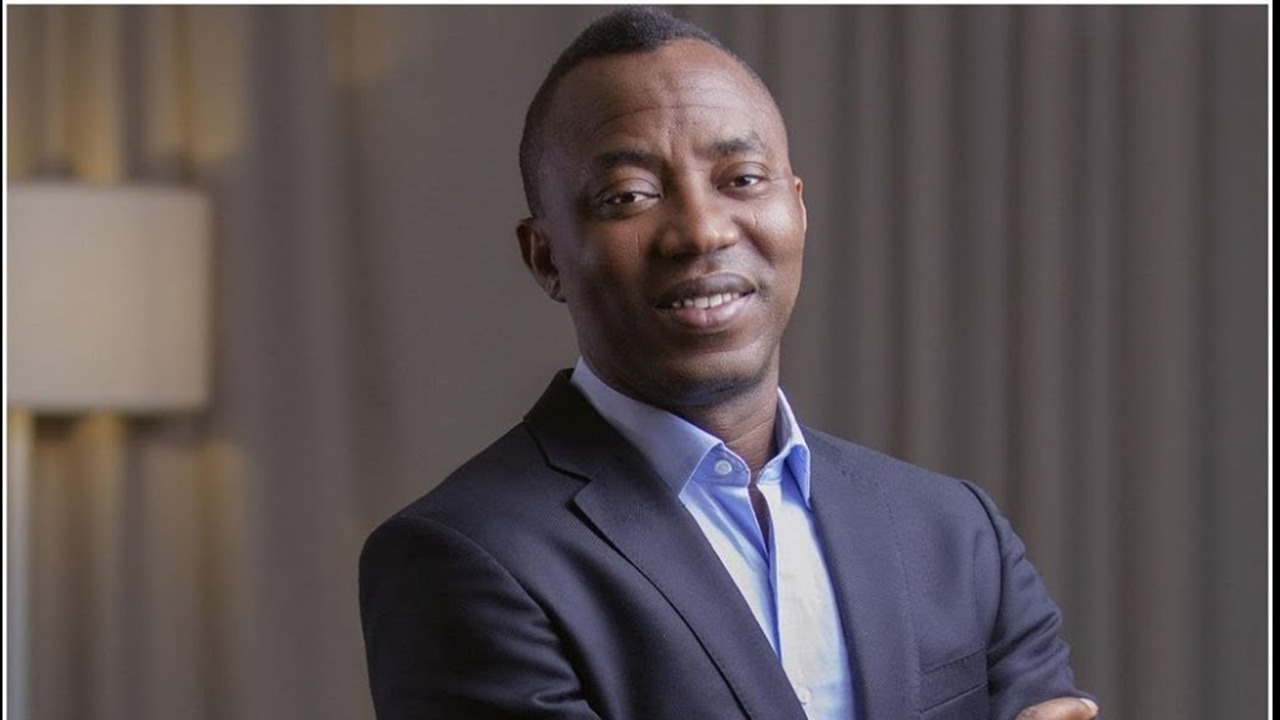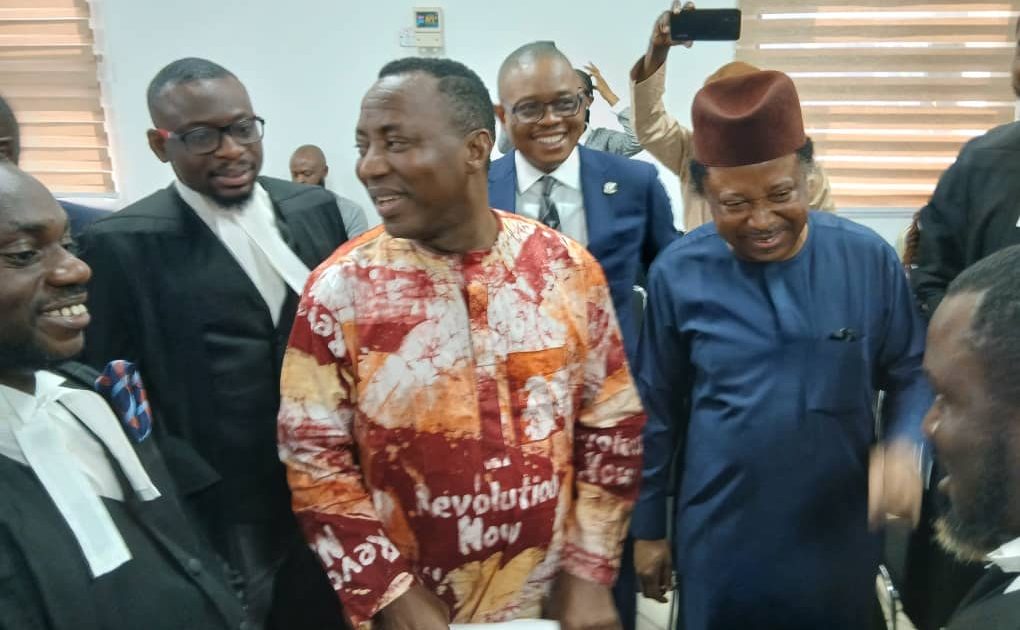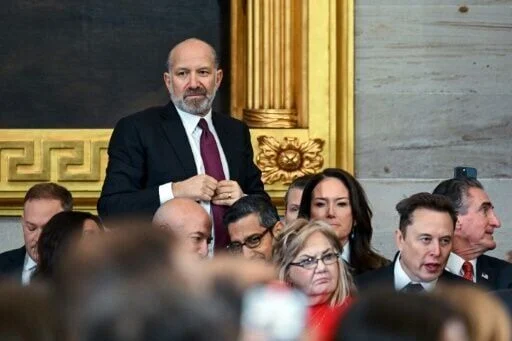The Federal Government has made public its decision to terminate the case of treasonable felony against Omoyele Sowore, the publisher of Sahara Reporters, according to a document issued by the Attorney General of the Federation and Minister of Justice, Lateef Fagbemi. Dated February 15, 2024, the document was directed to the Federal High Court of Nigeria, Abuja Division, indicating the government’s intention to also dismiss the charges against Sowore’s co-defendant, Olawale Bakare aka Mandate.
Lateef Fagbemi, SAN, the Honourable Attorney General of the Federation and Minister of Justice, invoked the authority vested in him by the Constitution of the Federal Republic of Nigeria 1999 and the Administration of Criminal Justice Act 2015 to halt the case. This decision came amidst warnings from the presiding judge, Justice Emeka Nwite, to dismiss the treasonable felony case that had lasted over four years due to the prosecution’s lack of coherence in presenting arguments.
Sowore’s arrest by the Department of State Services (DSS) on August 3, 2019, just two days before a planned #RevolutionNow protest, resulted in multiple arraignments by the DSS and subsequent releases amid sustained pressure. Represented in court by the legal firm of pro-democracy activist Femi Falana, SAN, Sowore endured protracted legal battles and detention.
Demonstrating his resolve for justice, Sowore pledged to sue the Federal Government and the DSS for ₦1 billion, citing the toll of time, resources, mental and financial distress inflicted on him, his family, and businesses. He underscored the alleged assassination of his younger brother, Olajide Sowore, in 2021, during his years of detention and captivity within Nigeria.
Sowore’s determination to pursue legal action against the government signifies his steadfastness in seeking reparation for the perceived injustices he endured throughout his prolonged legal ordeal. His decision underscores the pursuit of accountability and justice, not only for himself but also for his family and the broader society impacted by his ordeal.
The discontinuation of the treasonable felony case against Sowore indicates a potential shift in the government’s approach to dissent and activism, prompting contemplation on matters of freedom of expression and the rule of law in Nigeria’s democratic sphere.
As Sowore prepares to initiate legal proceedings against the government, his case epitomizes the broader struggle for civil liberties, human rights, and accountability in Nigeria’s socio-political milieu, echoing ongoing discussions on governance, democracy, and the rule of law in the nation.
The decision to terminate the case against Sowore raises inquiries about the government’s handling of dissent and political opposition, highlighting the intricate balance between national security considerations and the safeguarding of fundamental rights and freedoms enshrined in the Nigerian Constitution.




